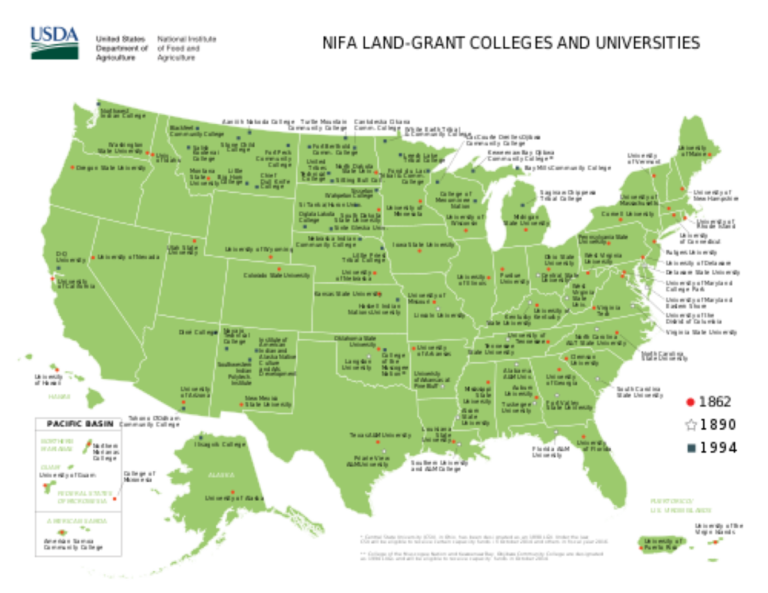book review: everything i want to do is illegal by joel salatin
Everything I Want to Do Is Illegal is a satirical, yet very serious first-hand account of how government regulations affect small-scale farmers. The author, Joel Salatin, full-time ecological farmer, part-time public speaker and educational leader, details various encounters he and those like him have had with the food police, politicians, industrial farmers, customers, regulating agencies, bureaucrats, environmentalists and lobbyists throughout his farming experiences in an effort to gain support for his message to allow freedom for traditional food growing and purchasing options. He also encourages readers to embrace and support more ecologically sound farming practices. Unfortunately, as the title states – everything he wants to do is illegal.
Throughout the book, Salatin calls on readers to become better educated about the world, demand freedom of choice and ultimately to make decisions for themselves, rather than allowing government bureaucrats to dictate our choices. He hopes to reach out to those who are willing to try revolutionary ideas to improve our relationship with food and encourage those who have an open mind to consider his proposals. Above all, he wants readers to question the established system and stand up for freedom of choice. He attempts to accomplish his task by detailing his personal experiences, the good, bad and ugly, in subjects such as slaughtering animals, making bacon, selling meat and eggs, labor, taxes and environmental conservation. Some examples include:
- He may not mill wood on his property for anything other than personal use.
- There are regulations in place that prohibit the construction of living quarters under 900sq. ft. which inhibits his family’s goal of creating a multi-generational farm where the elders move into the small housing unit to allow for the parents with children to live in the larger farm-house.
- The butchering of animals for sale of meat is prohibited in a location that does not have walls as the meat may come in contact with nature, despite the fact that the number of bacteria per piece is significantly lower than meat found in grocery stores. When he asks, Would you throw your food out at a picnic if a fly land on it? The food police replied: That is not the point.
Each different section helps readers to better understand the struggles small farmers face as a result of food fears, cultural perceptions, and government regulations. He emphasizes that the current established system was designed with the industrial agricultural sector in mind and the fact that the regulating system is short-sited and subjective.
The information is presented in a simple yet persuasive manner. Salatin uses compare/contrast, cause/effect, and persuasion through example to develop his arguments. For example:
- Compare & Contrast: the number of bacteria on his chicken vs. the number of bacteria on chicken purchased in the grocery store, despite his chicken being slaughtered in an a slaughterhouse with no walls;
- Cause/Effect: due to the increasing number of regulations (that were designed with the industrial sector in mind) for farmers and the very high costs of modern farm technology, very few individuals interested in farming may pursue their dream which further perpetuates our dependence on industrial agriculture;
- Persuasion through example: his farm uses ‘vats’ lined with sawdust, junk hay, or another form of carbon to collect cow manure and layers this to create warm bedding for cows during the cold months. Throughout this process his farm adds corn. Approximately 2 months before the farms need to be fertilized he lets the pigs into this pasture and they aerate the bedding with their hooves as they search for the delicious fermented corn which creates aerobic compost which can then be used on the fields in the spring. This process prevents extreme amounts of run-off, eliminates the need for oil based fertilizers and adds natural organic value to the land.
However, practically everything in the book comes from his personal experiences or the experiences of his friends and colleagues. He provides very view direct quotes or information from experts. This may be due to the fact that he is one of the leading minds in his field.
That being said, his argument for reducing the bureaucratic red tape that keeps people from locally produced food and encouraging people to demand more freedom of choice is very well-developed. For each subject (each chapter is a topic and there are 23 chapters) he provides an issue and then proposes a seemingly very logical solution. Additionally, I do not have any recommendations for supplemental information; in fact I think that the book provides information on topics that I, and very likely most others, have not previously considered.
Salatin’s biggest strength is writing from experience because it conveys emotion and allows readers to relate to him on a personal level. He provides logical solutions to very real problems to pressing agricultural issues such as the need to reduce our dependence on fossil fuels for fertilizer in order to reduce run-off and reduce the carbon footprint of farms. He also very effectively explains the dire state of our small farms and explains why we need these farms and what we can do to help preserve this important sector of our culture. Throughout the book he shares his less than conventional, but very simple, ideas for improving food access and acknowledges the public’s fear of change and the fact that change may be best introduced in small sections of societies to prove their efficacy.
However, Salatin does not have to factor public opinion into his decision-making process, nor does he have to account for the extremely varied needs of our population (ex. He does not want to have to provide handicapped access in order to sell meat or eggs on his farm and many people consider meat that has been slaughtered in an industrial setting safer than in a ‘crude’ setting such as a traditional farm). Another issue that I had with this book was the presence of Salatin’s opinion of abortion in a book about agriculture. He did present his reasoning for including his thought process for including this section, but his argument is anecdotal at best and was completely out-of-place.
Overall, Salatin accomplishes his goal of sharing his cynical, sometimes idealistic, and mostly noble ideas with his audience to convey his message of freedom of choice – both in our food choices and our everyday lives.




One Comment
Comments are closed.